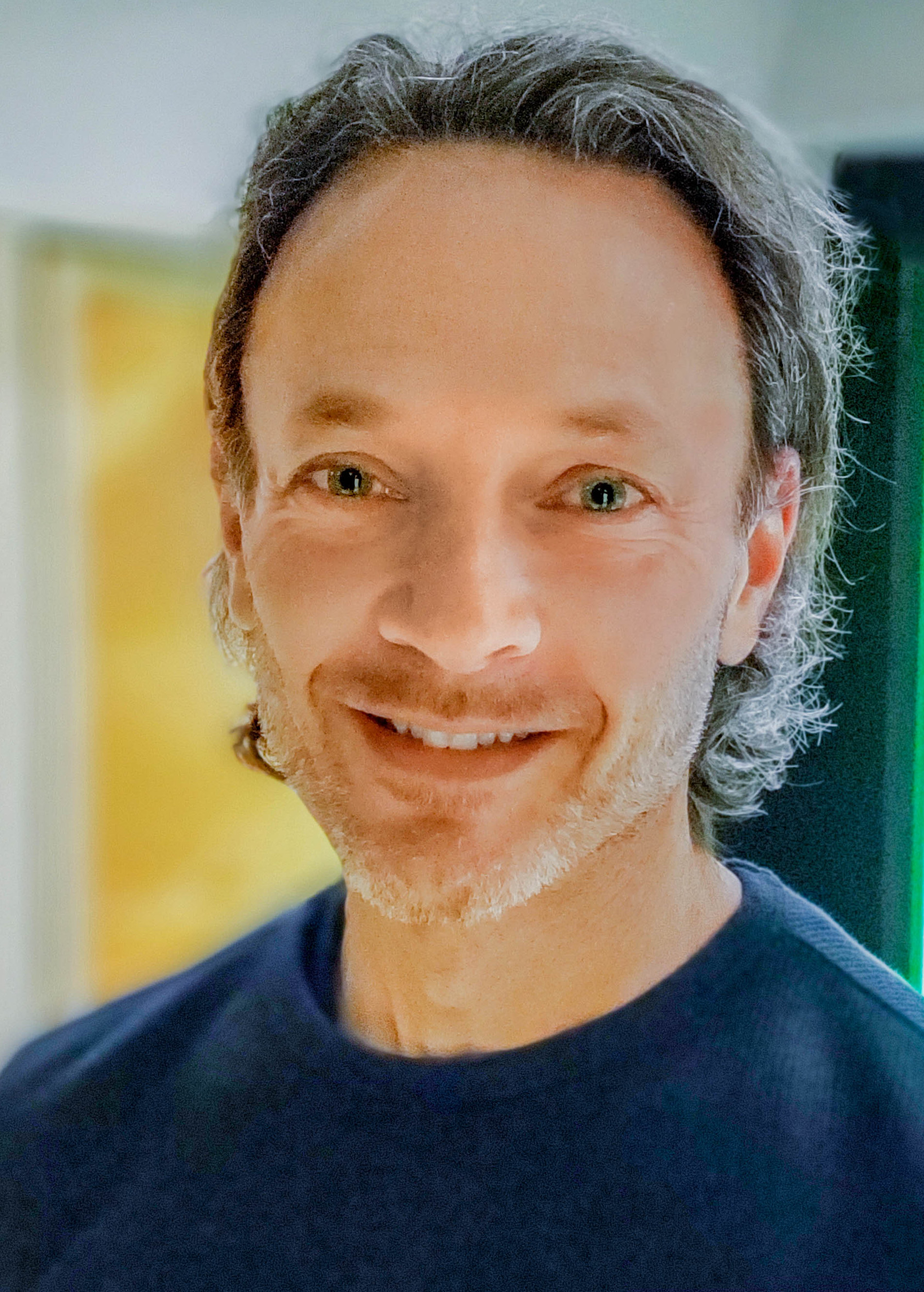|
VOICE OVER AUDITIONS
Voice actors often record only part of their auditions. Sometimes they watermark them. And they have lots of reasons for doing so … some super valid.
Imagine you’re buying a new car that should last 100,000 miles, and the car dealership lets you test drive it the distance of 20 feet. Hard to judge, yeah? That’s like us casting a 10-hour audiobook with a 20-second audition. Hard to judge, yeah. CONFUSING THE CLIENT Sometimes we need long auditions. Wait, what? Oh no, worse! The client may (uh, should) be concerned by incomplete auditions. Sometimes clients are confused why a voice actor missed part of the audition. Seriously, how can a new client trust you to read their whole script if they think you accidently miss parts of their audition? Clients often have no idea why voice actors would object to reading their entire script. After all, your website probably says “free auditions”, rather than “free auditions up to 20 seconds.” WATERMARKING MAKES IT WORSE Could it get even worse? Uh yep! ACK!! HARK!!! Rather than shorten the audition script, sometimes voice actors ‘watermark’ the script. Watermarking your recording is intentionally making it unable to be used as the final product, in order to ensure the client doesn’t use it without telling you … and therefore without paying you. Common watermarking techniques include adding a noise (e.g., ‘beep’) somewhere during the recording, or changing or skipping a few words of the script, or fading the volume in and out somewhere during the recording). With that said: A client who doesn’t know that you’re intentionally watermarking will assume you’ve made a mistake on your audition. They will likely be confused and turned off. I don’t blame them. IT DISCOURAGES TRUST Also, a client who knows that you’re intentionally watermarking could feel discouraged. Because it’s the same as the voice actor telling the new client, “Hey, thank you for sending me an audition! I hope you’ll hire me and we can have a business relationship! Oh, and also, by the way, I don’t trust you, so I’m going to watermark the audition.” Come one, this is a horrible way to begin a new relationship. Hmm… I was considering cutting this article off early – you know, like leaving off the second half. Or maybe watermarking it by intentionally messing up some words, just so no one copies it. But I chose to put it all out there. My $0.02 is for voice actors to put it all out there. OR (yes, there is an “or”), if you feel it’s not justified to read an entire audition, then discuss it comfortably with the client. Explain your rationale, your reasoning, your policies. Just be sure to not convey that you don’t trust them. They won’t like that. Email: david@edgestudio.com SEE THESE ADDITIONALLY HELPFUL VOICE OVER AUDITIONS ARTICLES |
Tell Us What YOU Think!
Please Note: Since we check for spam, there will be a slight delay in the actual posting of your comment.
Comments
No comments have been posted yet. Hurry, and you could be the first!
As of the NEW website launch, 03/22/2012

 By David Goldberg
By David Goldberg

.png)






click for new article alerts